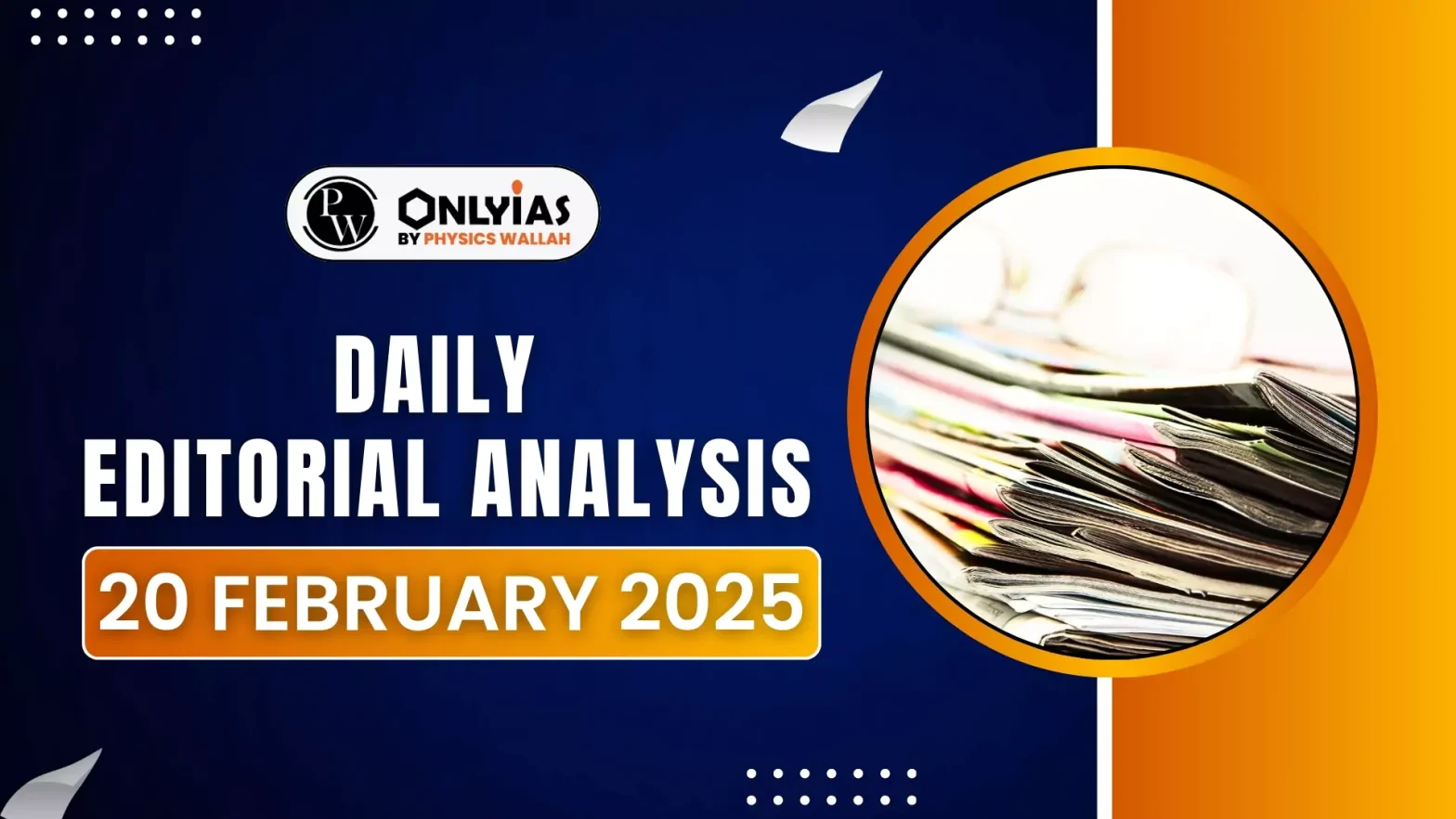Recently, the Kolkata R.G. Kar Medical College case and the Sharon murder case led to contrasting judgments on the death penalty debate in India.
Judicial Contrast
- R.G. Kar Medical College Case (Kolkata, 2024): On August 9, 2024, a second-year female postgraduate trainee doctor was raped and murdered inside a seminar room at R.G. Kar Medical College and Hospital.
- Sanjay Roy, a civic volunteer, was arrested based on forensic evidence and convicted on January 20, 2025.
- Sentence: Life imprisonment with a fine. The judge ruled it did not fall under the ‘rarest of rare’ category, justifying the denial of the death penalty.
- Sharon Raj Murder Case (Kerala, 2022): On October 14, 2022, Sharon Raj (23), a student, was poisoned by his partner, Greeshma, through an Ayurvedic concoction.
- Sharon died 11 days later due to multiple organ failure.
- The Neyyattinkara Additional Sessions Court classified it as a ‘rarest of rare’ case.
- Sentence: Death penalty awarded to Greeshma.
Origin of the Doctrine
- Jagmohan Singh Case (1972): The death penalty violates Article 19 by ending all fundamental rights. Lack of clear guidelines gives judges excessive discretion, violating Article 14 (equality before law).
- The accused is aware of the possibility of a death sentence. Mitigating factors are considered before sentencing. The death penalty is constitutional under Article 21.
- Bachan Singh Case (1980): A five-judge bench ruled that the death penalty should be awarded only in exceptional cases. However, no clear definition of ‘rarest of rare’ was provided, leading to ambiguity.
- Machhi Singh Case (1983): The Supreme Court outlined five criteria to determine ‘rarest of rare’ cases:
- Manner of the murder: Extreme brutality causing public outrage.
- Motive of the murder: Total depravity and inhuman motives.
- Socially abhorrent nature: Murders targeting minority communities or causing social unrest.
- Magnitude of the crime: Large-scale killings or heinous nature of the act.
- Personality of the offender: Victim is a child, woman, elderly, or helpless individual
- Mithu vs State of Punjab (1983):Section 303 of IPC prescribed a mandatory death sentence for individuals committing murder while serving a life sentence.
- The Supreme Court struck it down, ruling it violated Article 14 (equality before law) and Article 21 (right to life).
- All murder cases are now governed by Section 302 of IPC, which provides judicial discretion between death penalty and life imprisonment.
Challenges Associated with the Doctrine
- Mitigating Circumstances: There is a lack of uniform approach in considering mitigating factors before awarding the death penalty. The Constitution Bench was asked to determine how to ensure a “meaningful, real, and effective” hearing on mitigating circumstances.
- Judicial Discretion: Despite the ‘rarest of rare’ doctrine, ambiguities remain in determining what qualifies for the death penalty. The absence of a clear, universally accepted standard leaves room for inconsistent judicial interpretations.
Conclusion
India’s death penalty jurisprudence has evolved towards greater safeguards for the accused. However, judicial discretion and lack of uniformity continue to make its application controversial and inconsistent.
![]() 20 Feb 2025
20 Feb 2025

